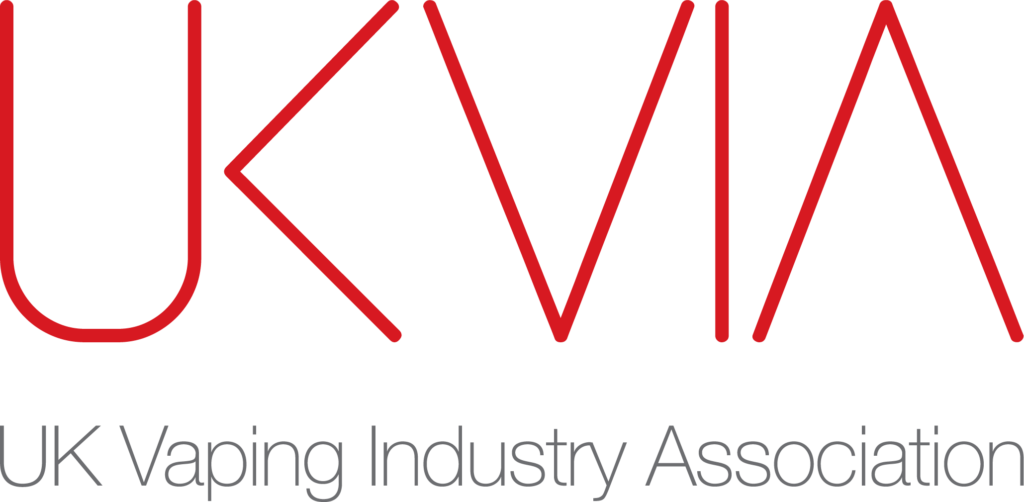- Just two successful prosecutions were made against illicit vape traders across six major UK cities over the past three years.
- Less than £2,500 in penalties – the maximum for one offender – was issued to retailers for underage/illicit sales in the same cities between 2021 and April 2023.
- The industry warns Trading Standards needs increased government backing to tackle rogue traders.
A new report reveals a staggering lack of regulatory enforcement is being taken against rogue vape traders.
Data gathered through FOI requests by Arcus Compliance has shone a light on the activities of local Trading Standards in addressing youth access and illegal products.
The findings, which are due to be released in full later this month, show that, across six major UK cities, just two shops were successfully prosecuted for underage/illicit sales between 2021 and April 2023
Further, the highest total amount of fines given out across these same cities – which have a shared population of almost three million people – over the same time period was £1,878.
This is less than the current maximum fine that can be issued to just one offender at £2,500 and is considerably less than the £10,000 on-the-spot fines that much of the sector, led by the UK Vaping Industry Association, has been asking for.
The data also covers the activity of Trading Standards teams in individual London Boroughs. Of the five councils to respond so far, there was one reported successful prosecution and one fine of £1,000.
Robert Sidebottom, Managing Director of Arcus Compliance, said the ‘concerning lack’ of prosecutions and penalties shown by this data demonstrates that the ‘system is in serious distress’.
He said: “Trading Standards have been crying out for additional resources and support for some time and there’s no doubt as to why – without enough boots on the ground, too many rogue traders are getting past thinly spread enforcement officials.
“It’s staggering to see just how few prosecutions there have been and how low the levels of fines are given the huge amount of concern over youth and illicit vaping. We know that Trading Standards departments want and need to be doing more.”
Sidebottom added: “The government recently pledged £3 million to fund a dedicated vape task force as part of its crackdown on the sector, but this is a far cry from the final solution and more intervention is clearly needed.”
Sidebottom questioned whether actions like fines, prosecutions and product seizures were being tracked properly as cases continue to crop up in the media but didn’t seem to translate to the FOI feedback.
He also asked whether there were regional teams specifically tackling illicit vape trade or whether forces were spread across other age restricted areas like alcohol as well and suggested it might be time for a more focused approach.
In a new bid to curb youth access policymakers last week announced they will be ‘closing a loophole’ that allows the supply of free vaping samples to minors.
The government also said there will be a review into banning the sale of nicotine-free vapes to under-18s.
Though these developments were warmly welcomed by the sector as yet more ways to shield young people from unscrupulous sellers, industry leaders said we ‘must not’ forget about the areas of enforcement that seem to be falling by the wayside.
John Dunne, Director General of the UKVIA, said: “Closing loopholes and introducing balanced policies are important steps – but they will ultimately prove inconsequential if we fail to enforce the existing fundamental laws on illegal products and youth access.
“Although prosecutions and penalties are very much key weapons in our arsenal against cowboy sellers, they mean very little if Trading Standards don’t have the resources to pursue them – the government must take this new data very seriously.”
ENDS
